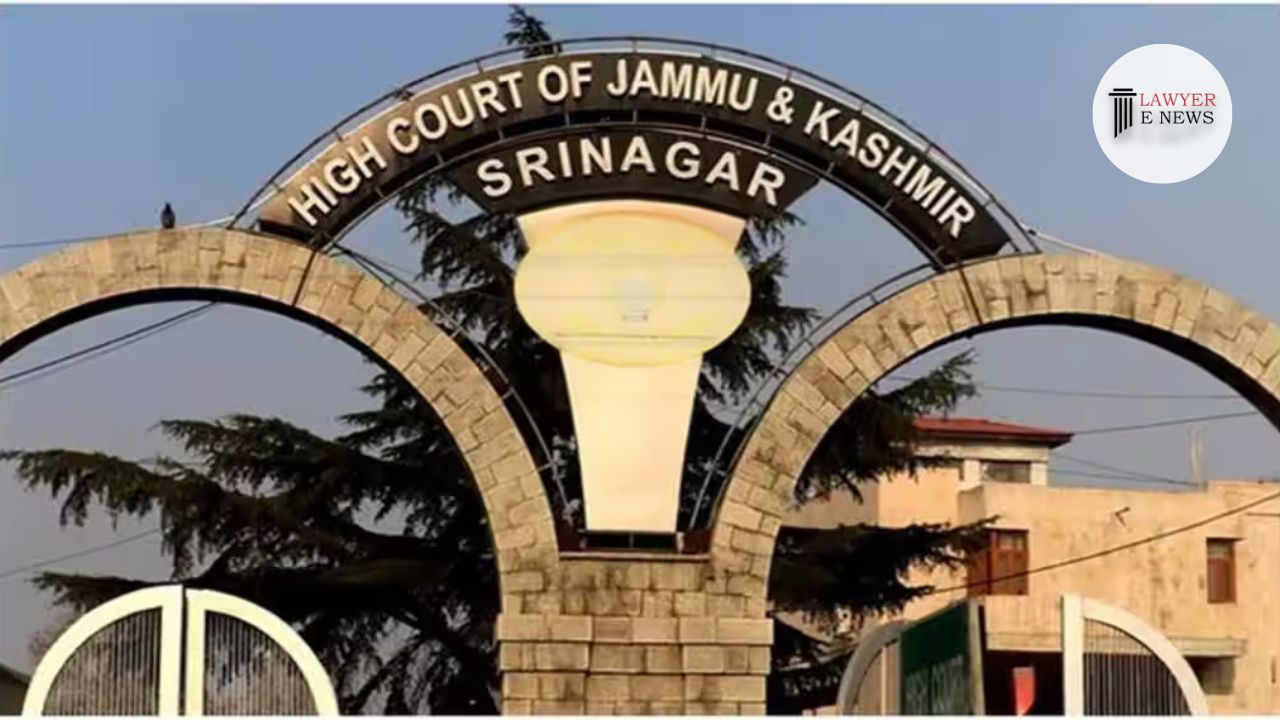-
by Admin
18 February 2026 2:25 PM



The Jammu & Kashmir and Ladakh High Court has ruled that the nature of the offence under Section 138 of the Negotiable Instruments Act (NI Act) is quasi-criminal, as it imposes a criminal penalty in the form of imprisonment or fine. The bench, headed by Justice Javed Iqbal Wani, was hearing a petition seeking to quash an order passed by the Chief Judicial Magistrate's court.
In this case, the respondent had filed three complaints against the petitioner on November 22, 2014, under the NI Act, alleging that three cheques issued by the petitioner had bounced, amounting to a total of Rs. 35.50 lakhs. However, during the pendency of the complaints, the petitioner and respondent entered into a compromise, agreeing that the petitioner would pay the entire amount by the end of June 2015. A settlement/compromise deed was executed and submitted before the Magistrate.
Based on the compromise, the Magistrate dismissed two complaints and acquitted the accused petitioner of the charges under Section 138 of the Act, but retained the third complaint for further proceedings. The Magistrate observed that since the petitioner and respondent had voluntarily entered into a compromise and the accused had undertaken to abide by it, the third complaint was also disposed of as compromised. However, the Magistrate directed the accused petitioner to pay the entire amount of Rs. 35.50 lakhs to the complainant respondent, relying on the provisions of Order XXIII Rule 3 of the Code of Civil Procedure (CPC), which provides for recovery of the agreed amount in case of breach of the compromise.
The High Court noted that the compromise had failed before it could be administered in all three complaints, and therefore, the Magistrate should have proceeded with the third complaint in accordance with the law, without relying on the compromise. The bench further stated that the Magistrate could not have imported the provisions of Order XXIII Rule 3 of the CPC while dealing with the third complaint, as the nature of the offence under Section 138 of the Act is quasi-criminal, and the proceedings are regulated by the Code of Criminal Procedure (Cr. P. C.). The High Court opined that the Magistrate had misdirected in the matter while passing the impugned order.
Mohammad Ashraf Wani v. Muzamil Bashir
